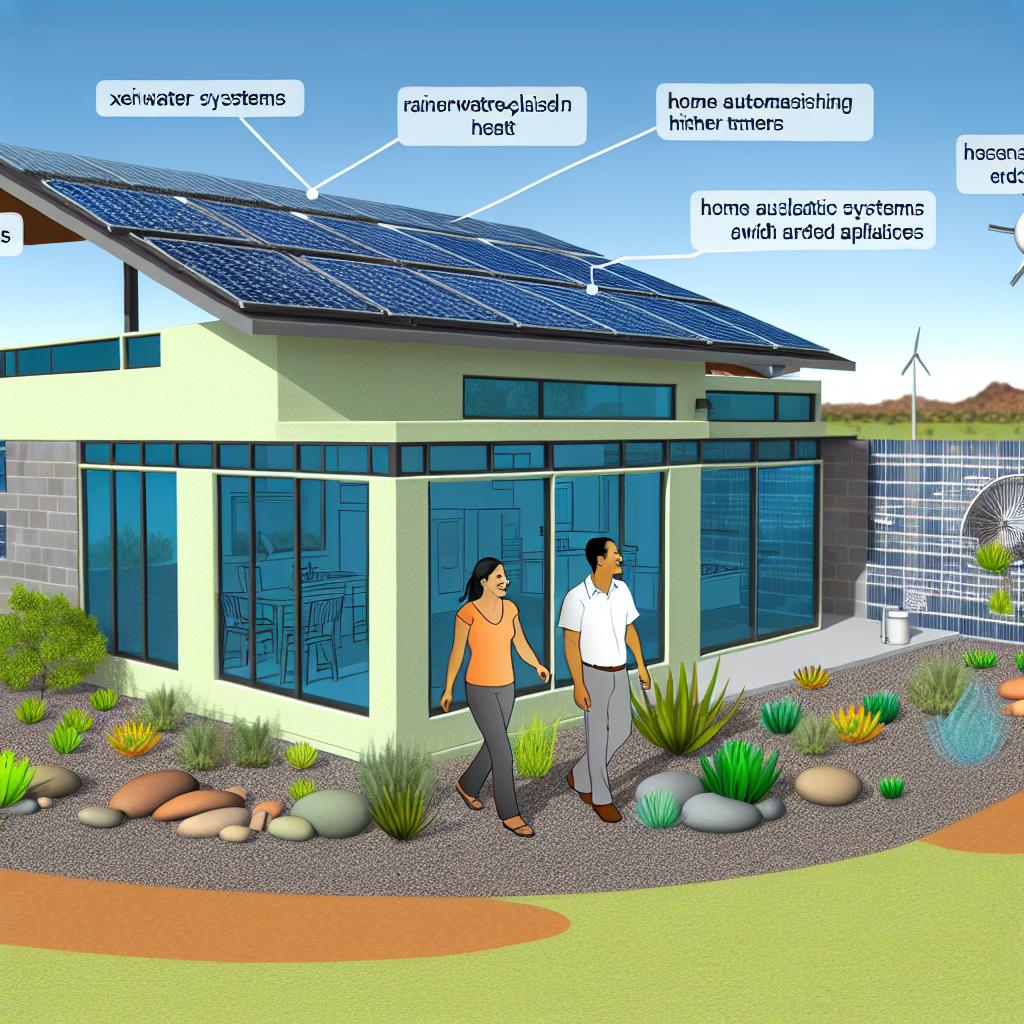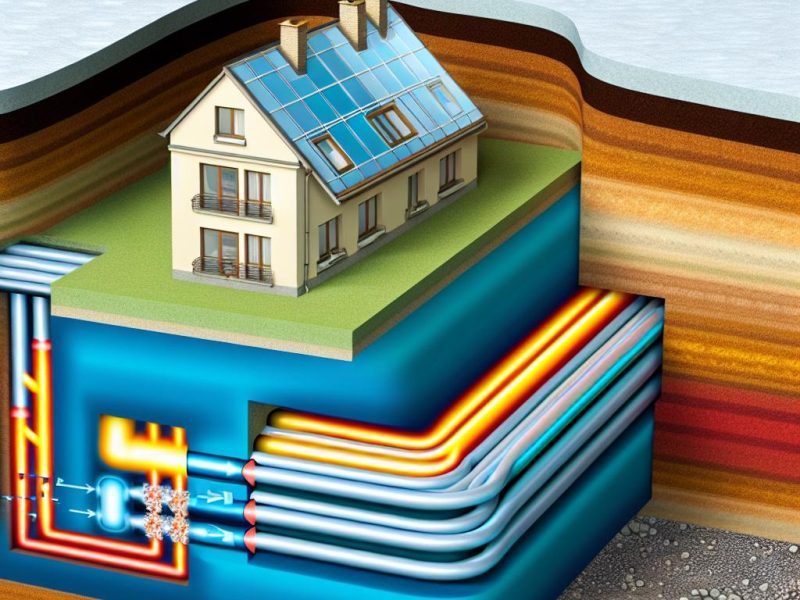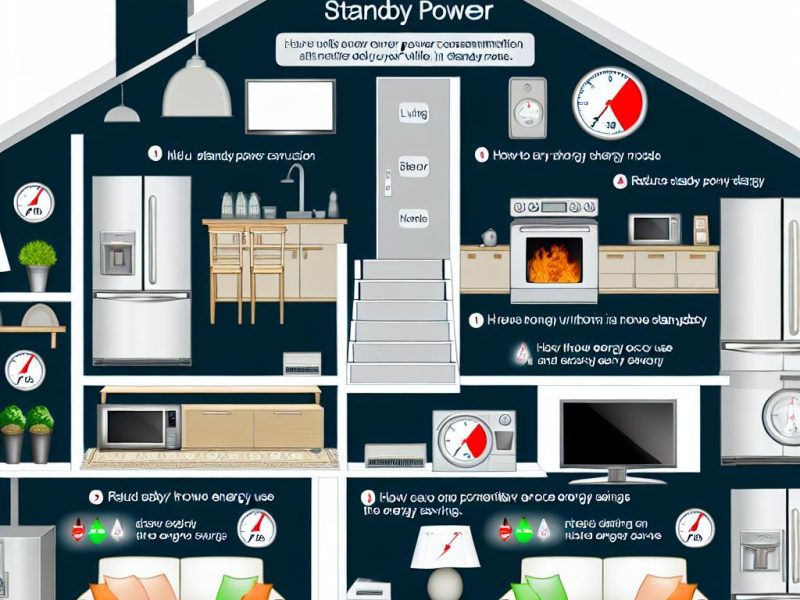Understanding Energy-Efficient Houses
An energy-efficient house is designed to reduce unnecessary energy consumption, decrease greenhouse gas emissions, and enhance energy savings without compromising on comfort. These houses are characterized by the adoption of advanced technologies, superior design principles, and construction techniques that significantly improve their efficiency.
Key Features of an Energy-Efficient House
Insulation: One of the fundamental aspects of an energy-efficient house is proper insulation. Insulation plays a crucial role in minimizing energy consumption, helping to maintain a consistent indoor temperature. During the winter months, insulation reduces the amount of heat that escapes your home, while in the summer, it prevents unwanted heat from entering. Ensuring that walls, roofs, and floors are well-insulated is critical for achieving this balance.
Windows and Doors: The installation of high-performance windows and doors vastly contributes to the energy efficiency of a home. These components are designed to limit unwanted heat exchange between the inside and outside environments. Often, windows and doors are augmented with special coatings and energy-efficient frames to further enhance their insulating properties, reducing the overall heating and cooling demand on the house’s systems.
Efficient Heating and Cooling Systems: Modern heating and cooling systems, particularly those with an energy-star rating, offer improved efficiency. The correct sizing and regular maintenance of these systems ensure that they operate at optimal levels, providing effective temperature control while remaining cost-effective.
Lighting: The integration of LED lighting and other energy-efficient lighting solutions can substantially reduce the energy consumption of a home. Additionally, the implementation of automated systems and dimmers allows for the optimization of lighting usage, ensuring that energy is only used when necessary.
Renewable Energy Sources
One of the hallmarks of an energy-efficient home is the integration of renewable energy sources, which further reduce reliance on fossil fuels. Solar panels are a popular choice for many homeowners, due to their ability to convert sunlight into electricity efficiently. Other alternatives include wind turbines, which harness wind power, and geothermal systems, which utilize the earth’s natural heat. These technologies not only significantly cut down on electricity costs but also contribute to a reduced environmental impact, promoting a sustainable way of living.
The Role of Smart Technology
Smart home technologies are increasingly playing a pivotal role in enhancing the energy efficiency of houses. For instance, smart thermostats are capable of adapting to your daily routines by adjusting heating and cooling schedules according to need. Moreover, advanced home automation systems can control various elements of your home – from lighting to appliances – ensuring that energy is only consumed when necessary. This level of automation not only contributes to energy savings but also adds convenience and a modern touch to the home.
Benefits of an Energy-Efficient House
Investing in an energy-efficient house offers numerous advantages. A primary benefit is the reduction in utility bills, thanks to decreased energy consumption. This reduction not only saves homeowners money but also contributes to environmental conservation by lowering carbon emissions, a critical factor in combating climate change. Furthermore, energy-efficient homes typically boast better indoor air quality, as they are designed with materials and systems that reduce pollutants and allergens. This results in a healthier living environment and enhances overall comfort, as such homes often maintain a more stable and pleasant indoor climate throughout the year.
For further reading on how to make homes more energy-efficient, consider exploring resources such as the U.S. Department of Energy’s Office of Energy Efficiency & Renewable Energy. Local utility company programs often offer subsidies or incentives for energy-efficient upgrades, providing additional motivation and financial support for homeowners eager to enhance their property’s energy performance. These resources can offer valuable insights and practical steps on implementing energy-efficient solutions in your home.
In summary, energy-efficient houses represent a significant and necessary shift in residential construction and design. By combining efficient technologies and construction methods with sustainable practices, homeowners can enjoy reduced energy costs, a healthier indoor environment, and the peace of mind that comes with making environmentally-conscious choices. As the availability and affordability of energy-efficient technologies continue to grow, it’s becoming increasingly feasible for more homeowners to embrace this approach, contributing to a sustainable future for all.



